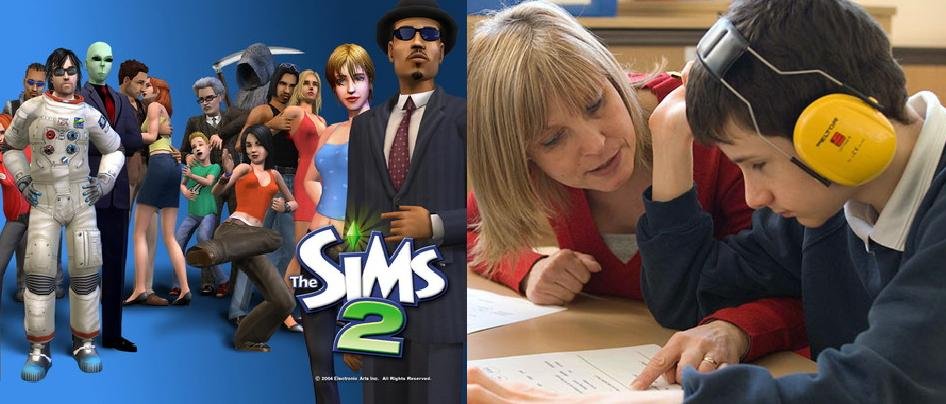It’s over 20 years since The Sims was released. It went on to be the best selling game of all time. Essentially a dolls house. The First generation (The Sims) was essentially being able to see reactions. A lot of them funny, some of them dark. It allowed our inner megalomaniac to play to our hearts content. We controlled their lives.
How could something so pure, yet so interesting get over 20 million sales worldwide?
Initially Will Wright, the creator of Sim City and the Sims, set out to create a simple tool that would help him rebuild his house after it caught fire and was destroyed. He then added characters to make is more ‘real’ and found that the people were more interesting than the architecture.
He then set about making them have ‘feelings’. Love, Friendship, Enemies. It was like having your own director’s seat on a Soap Opera.
Not only were they in 3D, they actually had real feelings. If they were rejected for a kiss, they’d fall into a depression. If they were well liked, they’d feel happy. Something that a lot of people feel. They were like Tamagochis. They constantly needed attention, and constantly needed needs fulfilling.
THEN came The Sims 3, complete with all of its add-ons and store purchases.
Even more advanced AI came into play, not only were you able to physically change your Sim to suit your ideal, but you could choose their traits. Long gone are the days where you had 30 points to give to 5 different traits. You could chose 5 traits and your Sim would behave in that way.
In the Sims 3, they have Teenage mood swings (and acne), Toddler Tantrums, Midlife Crises, Ambitions and Regrets. They interact like we would. But for an Autistic person, the world isn’t like that. For an Autistic person, they are essentially learning about what they should and shouldn’t do without any repercussions.
The AI learns what it should and shouldn’t do, such as not sending a ‘Woo Hoo’ text to your sister. Or sending a love letter to your ex. Granted it does take a lot of time to load, but when it does, it’s somewhat therapeutic.
The building bit is obviously still there, as is the customization of your Sim. But I honestly believe, as The Sims behave like ‘normal’ people, it could provide a type of therapy and also give a sense of socialization without having to go out and be in the big bad world where everyone seems to be out to get everyone else.
Hopefully for those who are struggling with being ‘awkward’ or ‘don’t fit in’ The Sims series may actually give them a little look into how their behaviour effects others.
Not in a patronizing way, but from someone who knows how hard it is to be different.


